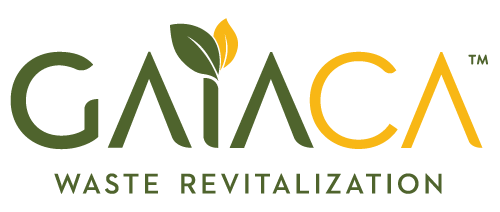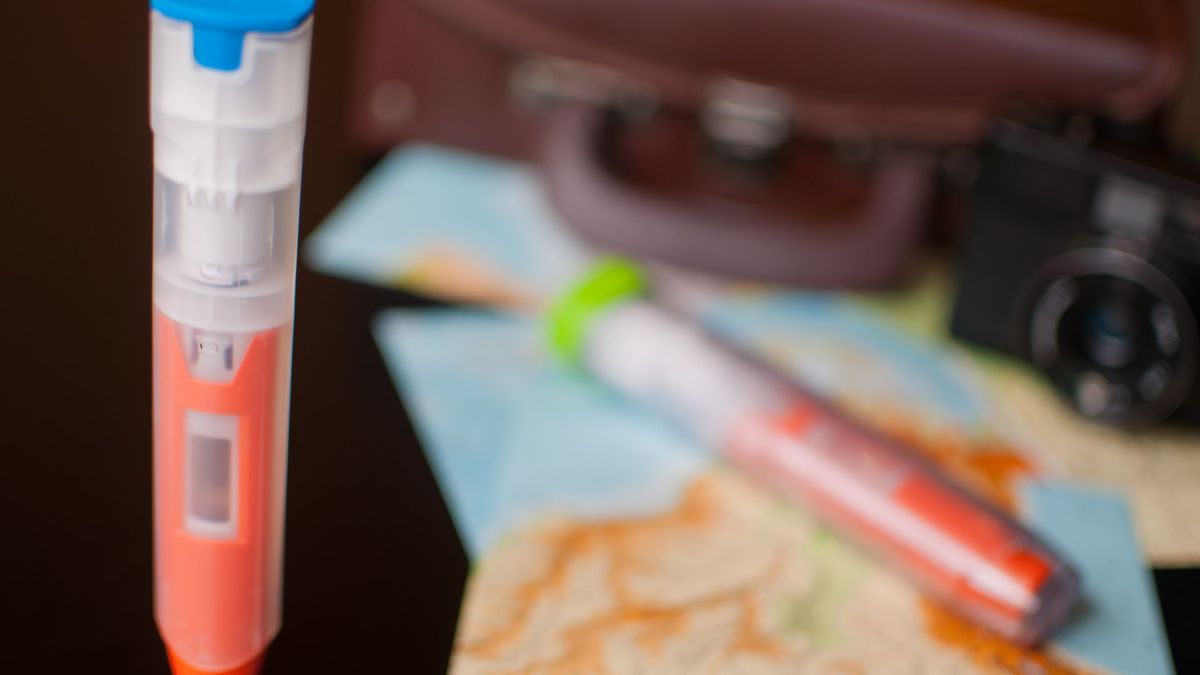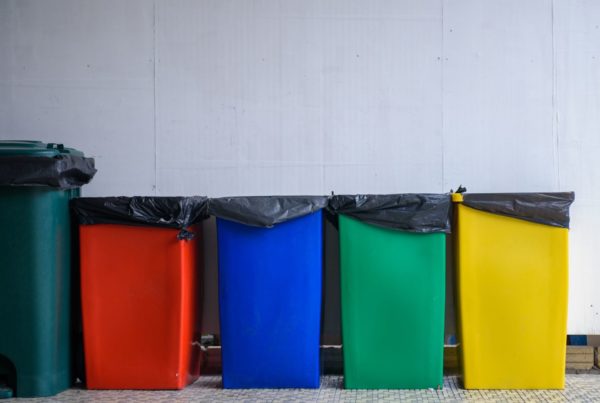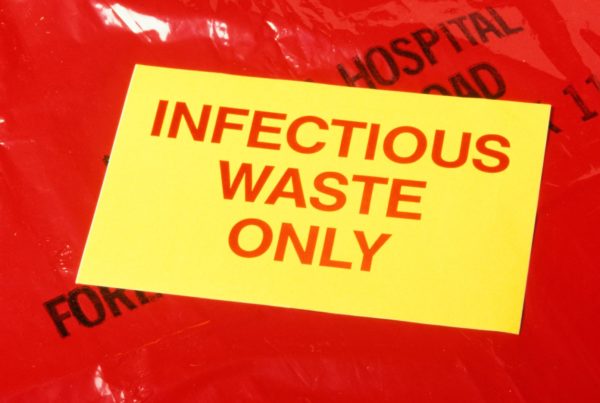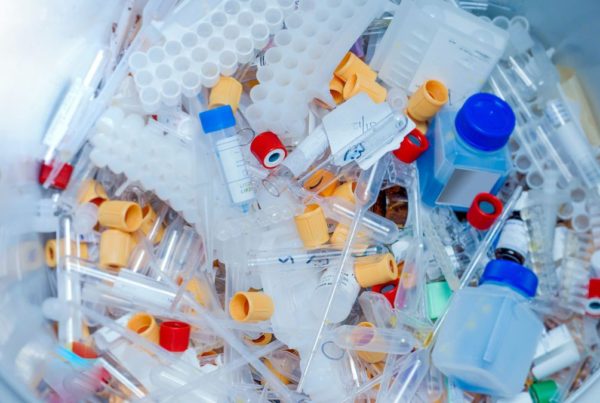Epinephrine auto-injectors, or EpiPens can be life-saving pieces of medical equipment for people with severe allergic reactions or anaphylaxis. But once an EpiPen expires, turns cloudy, or has visible particles, it needs to be disposed of properly.
While used EpiPens carry the risk of injury and infection with HIV, hepatitis B, and hepatitis C, an expired EpiPen is still considered medical waste as it can cause needlestick injuries or fail to save another person’s life if they use the expired device and receive less medication than they need. Knowing how to dispose of expired EpiPens correctly will help you protect your health and the health of others.
The Best Way to Dispose of Expired EpiPens
The best way to safely dispose of an expired EpiPen is to return it to the healthcare provider who prescribed it when you go to get your new prescription. Alternatively, you can take expired EpiPens to:
- A hospital
- A pharmacy with a drug take-back program that accepts sharps
- A designated drug take-back facility on the Drug Enforcement Administration’s list
Failing all of the above, you can dispose of a used or expired EpiPen according to laws for the disposal of sharps:
- Put the expired or used EpiPen in an FDA-approved sharps container, available at most pharmacies.
- Put the expired or used EpiPen in another puncture-proof container made from heavy plastic with a secure lid, such as a laundry detergent or bleach container, and label the container clearly with the words “BIOHAZARD,” “SHARPS,” and “DO NOT RECYCLE.”
- Once the container is 3/4 full, take it to the relevant drop-off point. In California, sharps must be taken to a sharps collection center, drop-off point, or returned via a mail-back program (if available). In the state of Texas, you can simply put the container in the regular trash labeled clearly with the words “SHARPS” and “DO NOT RECYCLE.”
Corporate Sharps Disposal Options
Some industries deal with discarded EpiPens without even realizing it. For instance, in the growing legal cannabis industry, facilities often accumulate their employees’ expired epinephrine auto injectors in addition to cannabis waste, solvents, vape pens and other kinds of hazardous waste. When several kinds of wastes are present, a hazardous cannabis waste management company is often called on to dispose of each kind of hazardous waste correctly.
As you would with hazardous chemical waste, chemical lab waste, or compostable cannabis waste, remember to store expired EpiPens in a correctly-labeled sharps container and keep the container in a secure location together (in secondary containment) with other compatible kinds of hazardous waste.
EpiPens and Hazardous Waste Law
EpiPens are classified as a P-listed acute hazardous waste on the Environmental Protection Agency (EPA)’s hazardous wastes lists in the United States. Hazardous waste regulations apply to any auto-injector that contains epinephrine—independent of the brand name—because epinephrine itself is a regulated substance with the designated waste code P042.
As a kind of adrenergic drug, epinephrine is very unstable and loses its potency quickly—usually within a year. Using an expired EpiPen could result in receiving less medication than you need in an emergency. That’s why it’s important to have a new EpiPen prescribed by your doctor at least a month before the expiration date and properly dispose of the expired EpiPen.
Proper Storage of EpiPens to Prevent Premature Waste
To prevent EpiPens from going bad before the expiration date, it’s important to store them in a cool, dark place, away from extreme heat, cold, humidity, and sunlight. EpiPens should never be stored:
- On a windowsill
- In the glove box or console of a car
- In your pocket
- In the cargo area of an aircraft
Traveling with EpiPens
If you need to have an EpiPen with you on the go, there are insulated carriers you can purchase from the pharmacy that prevent the device from overheating. When traveling by air, always keep the EpiPen with you and not in the checked luggage as the hold is not pressurized and the EpiPen could explode.
Date Labeling
To make sure you always have a current, unexpired EpiPen on hand, write the expiration date on the box with a marker and keep it somewhere visible where you’ll see it regularly and not forget about it. Periodically, check the box and the viewing window on the device to make sure the liquid is still clear (not cloudy) and the device hasn’t expired.
Different Expiration Dates
Sometimes, EpiPen devices and the box it’s kept in will have different expiration dates. In this case, write the expiration date of the device on the box, as the expiration date on the device is the one that counts.
Seek Professional Medical Advice After Disposing of Your Used EpiPen
Whether you’re working out how to dispose of used or expired EpiPens, it’s important to remember that anaphylaxis can be life-threatening and you may only have minutes to act. That’s why it’s crucial that you store all EpiPens properly, check the window for cloudiness or floating particles on a regular schedule, and replace EpiPens before they expire.
After you use an EpiPen, it’s important to write down the time you used it, go to the emergency room with the EpiPen, and seek urgent professional medical advice. You may have a second reaction or need further treatment. Having the EpiPen with you—marked clearly with the exact time of use—will help the emergency and hospital medical personnel determine the most appropriate follow-up treatment.
Don’t Discard Expired EpiPens Carelessly
When it comes to EpiPens or any medical equipment, proper disposal is important. Even if there’s only a small chance that your expired EpiPen will be misused or become a source of injury, it’s not worth it. And if you’re a commercial organization subject to special and hazardous waste regulations, proper disposal is especially critical.
So don’t chance it. Follow common sense practices and the letter of the law when disposing of those EpiPens, and you’ll have one less thing to worry about.
